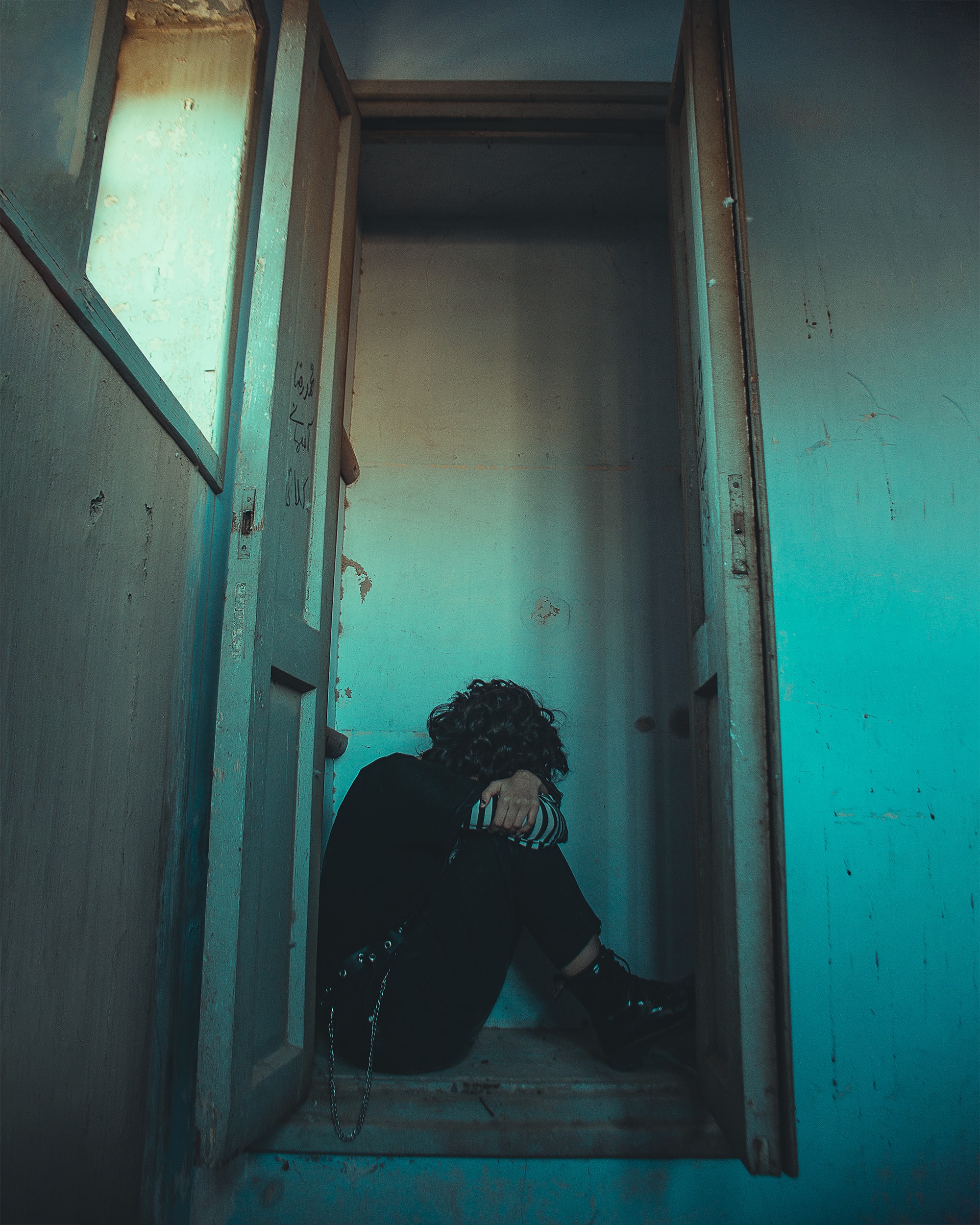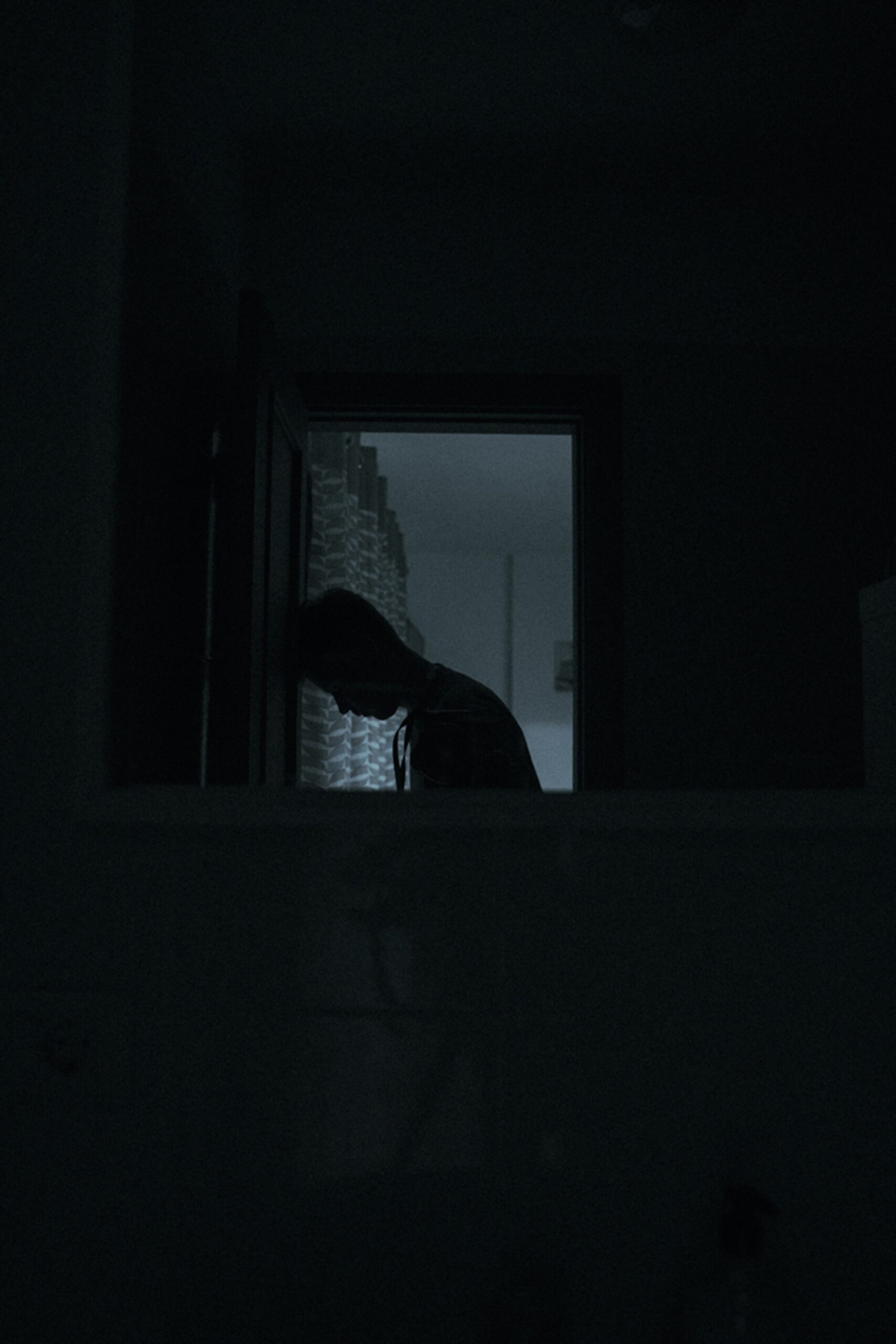8 Signs Your Depression Is Becoming Severe

Hello Psych2Goers, and if it’s your first time on our website, then a huge welcome from us to you. Have you been diagnosed with depression before? If you’ve seen a therapist, psychologist, or even if you feel like you may be depressed yourself, there are plenty of symptoms that may indicate depression. But depression can differ in type and severity; someone you know may have depression, and you may not necessarily even realize it. Not every person who is depressed may be lethargic and stay in their room sleeping all day. They may very well be the people that you laugh with and see everyday, be that at school, work, or just around your neighborhood. However, there are signs that you may or may not be aware of that your depression may be deepening or getting worse.
However, identifying potential signs that your depression may be worsening may allow you to avoid potential consequences if you notice yourself feeling significantly more depressed, in addition to any of the following signs. While there are steps that you are able to take to help minimize or help treat your symptoms, It’s always best to reach out to a mental health professional when in doubt. As such before we start, please do note the following disclaimer, as we will be discussing content and topics related to self-harm and suicidal thoughts.
This is a disclaimer that this article is for informative purposes only. It is not intended to diagnose or treat any condition. Please reach out to a qualified healthcare provider or mental health professional if you are struggling.
With that being said, let’s review 8 signs your depression is becoming severe.
1. Feelings of Anhedonia

Anhedonia is defined as the lack of pleasure for doing things that you may have found to be fun and engaging, and can usually be brought on through a majority of tragic events, or from depression. The inability to feel pleasure, fun, or losing more and more feeling can leave you feeling bored, empty, or more tired than usual, and can have an adverse effect on your energy,or motivation to complete work, school, or even just to enjoy yourself and the activities or people that you love.
Research about the reconceptulization of anhedonia has shown that although people who do have afflictions of anhedonia might be able to feel short term pleasures on occassion, there may be other signs as well, including difficulties with learning, and with the mechanisms that help with pleasure and desire (Thomsen et al., 2015).
Difficulty learning or processing emotions, feelings of hollowness or emptiness may tend to creep. Finding things that give you short term pleasure in a healthy or productive manner may help you focus on spending more time with friends, or feeling a little bit better to give yourself the push you need to do something productive or helpful for yourself.
2. Pushing others away
When your depression may be getting deeper, you might find yourself shying away from family or friendly events. Ignoring others’ texts for too long on purpose, hiding in your room, and otherwise isolating yourself away from people that you usually find yourself spending time with due to your feelings may be necessary if you need space for a little bit, but when you find yourself actively pushing others away, it may be a telltale sign of worsening depression.
If you find yourself in the habit of pushing others away, it can make them feel confused, or even upset if they don’t know the reason why. If you tend to struggle with pushing friends away, be sure to inform them of your boundaries. Telling others that sometimes you feel depressed and don’t want to hang out may help them respect your space. Letting them know when you need them, or that you’re going through a tough time and don’t want them to feel as though you’re ignoring them can be a very effective way of letting your loved ones know how you’re doing without going too deep into the subject.
3. Hefty mood swings

Do you feel as though with very little provacation, that you tend to “fly off the hook”? Maybe small things set you off that you know shouldn’t, or you might end up saying hurtful things to others, realizing that it was just your temper that got the better of you (Thompson, 2021).
Mood swings can be common in those with deepening depression. It can cause us to lose touch with our emotions, either feeling overly sensitive, or overly upset at those around us due to small inconvienences or issues that may pop up. While mood swings from happiness, anger, or saddness may be indicativeof other potential underlying issues, it can be a sign that your depression is becoming more severe.
Making sure to recognize when you feel your emotions swinging, and trying to journal how they affect you, and what sorts of things may or may not set you off is a fantastic way to help approach your feelings, and try to understand what some of your potential triggers may be.
4. Not eating a bite, or eating too much
Undereating is a common symptom among those with depression, as is overeating. Some people may feel as though they are simply “not hungry” and “don’t want to eat”, which can happen when you are extremely low on energy, oversleep, or having difficulty processing your emotions and moving out of bed. The opposite may also be true, as overeating may be used as a coping mechanisms for certain individuals who find comfort in food, while staying away from food may be a result of a person’s inability to bring themself to eat when they feel anxious or depressed (Depression and Suicide).
Figuring out if you’re neglecting your daily intake, whether it be too much or too little, and finding substitutes and addressing the situation may help you find a better balance. Our bodies run on food, and it’s important to find a healthy balance of vitamins and minerals, without starving or overencumbering our bodies. Reaching out to a doctor or other trained professional to help you find out what other approaches you can take when you eat may help you significantly with providing your body with the proper energy it needs to live a healthier lifestyle.
5. Suicidal Thoughts

Thoughts of suicide can come about for so many different tragic reasons. While it’s normal to feel upset or sad when things don’t go well, such as after a devastating breakup, not meeting life goals, or the passing of a loved one, suicidal thoughts may be indicative of the thought that the pain or lack of emotions that you may or may not be feeling are unsolvable). As depression deepens, it’s typical that people may report feelings of not wanting to be alive anymore, or tending to isolate themselves, and otherwise have a drastic change in mood or behavior for the worse (Depression and Suicide).
While these feelings and constant bombarding emotions may be overwhelming, thoughts of suicide are never to be taken lightly, regardless of the reason. If you or someone you know is struggling with suicidal thoughts, please use the resources section at the bottom of this article for the National Suicide Hotline, and many other hotlines for many different countries. If you’re in emotional distress, struggling with suicidal thoughts, or for any other severe mental health reason, you’re always welcome to call the hotline to speak with someone right away, 24/7.
6. Self-sabotage
If you’ve ever been the one to feel as though you were “doing it to yourself”, you may just be a victim of self sabotage, especially if it happens constantly. Refusing to let yourself live up to your potential, making decisions while knowing the potential high negative risks, or even just taking negative consequences as they come without any regard for your own well being may be dire signs of self sabatoge as well.
Getting in your own way, procrastinating, or putting important assignments or due dates off due to increased feelings of depression or low self-esteem can hurt your wellbeing, and your future lifestyle or career. Anything from purposely disorganizing your items, or “throwing everything out the window” at the beginning or end of your day might end up hurting you in the long run, especially if it’s a consistent issue (7 signs of self sabotage 2020).
Making sure to take some time to start projects or necessary items a few weeks before they’re due, or even just picking up one or two things, or writing down why what you’re doing is important to your life can help combat these “meh” feelings, and help break the cycle of self sabotage.
7. Self-harm

Certain people may choose to self-harm, or think about self-harm for a variety of reasons. Whether it’s to process certain harsh emotions, punish themselves for perceived wrongdoings, to feel control over their lives or to cope with certain traumas, there’s no shortage of reasons why this may occur (Self-harm 2021). While self-harm can be performed in a number of different ways, be it mental or physical, self-harm is not a long-term solution to the depressed feelings that you may have. Understanding your options and methods that you have available to relieve some of your pain may help you gain control, or eliminate feelings of guilt or helplessness, especially when your depression is very bad.
Tying a small rubber band around your wrist, and gently pulling on it and letting it rebound against your skin may be a helpful way to help keep intrusive or consistent thoughts of self-harm from appearing so often. Taking a small ice cube and putting it in the palm of your hand and squeezing it may also help keep your mind off of self-harm tendencies, but be sure to always consult a professional for any particular advice, as everyone’s situation is unique.
8. Stuck in your bed
Even though feeling as though you just want to get 5 more minutes of sleep is common among almost everybody, feeling stuck, trapped, or so lethargic that you feel yourself mentally and physically unable to climb out of bed and tackle the day can be detrimental to your health. If you’ve ever spent a majority of your day sleeping in to try and wave away any pain you may be experiencing, or as an escape to your reality, it may be a sign that your depression is worsening. Taking a break and getting plenty of sleep is helpful, but there is such a thing as too much sleep. Sleeping too much can lead to an increase in anxiety and depression, and may have harmful side effects and is associated with increased risk of stroke, diabetes, coronary heart disease, and many more (Meadows, 2022).
Concluding Remarks
Depression is, unfortunately, very common in this day and age. However, it doesn’t meant that it should be treated like a cold or small cough. Depression is a mental illness that can affect you in very drastic ways. Making sure to meet up with a professional to discuss the possibility of the presence of depression and finding a way to move forward is always the best option. In fact, a study conducted by the Journal of Child Psychology and Psychiatry has found that those who reach out in adolescence regarding their depression end up having a larger likelihood that they will be more receptive towards seeking help when they need it. However, you don’t have to be an adolescent in order to seek help, there are resources for tons of different mental health issues that you may experience, for people both young and old (Amsalem & Martin, 2022).
Again, please feel free to use the resources below in order to explore the diverse help lines full of caring souls that would be more than happy to support you during your journey. We here at Psych2Go would like to sincerely thank you for reading this article, and thank you for your love and support. Your viewership and interaction helps us make free psychology more accessible to everyone in the world, including you! Please feel free to leave any comments below with your story, or how your story with depression has gone, and how the article may have helped you in any way. Thank you, Psych2Goers!
Resources:
If you or a loved one are struggling with depression, suicidal thoughts, disorders, or any other mental health related crisis, please follow the links below for a plethora of resources:
pleaselive.org/hotlines/
http://www.suicide.org/hotlines/international-suicide-hotlines.html
Further Viewing:
References
Amsalem, D., & Martin, A. (2022). Reducing depression‐related stigma and increasing treatment seeking among adolescents: Randomized controlled trial of a brief video intervention. Journal of Child Psychology and Psychiatry, 63(2), 210–217. https://doi.org/10.1111/jcpp.13427
Crisis Text Line. (2021, August 4). Self-harm. Crisis Text Line. Retrieved from https://www.crisistextline.org/topics/self-harm/#what-is-self-harm-1
Meadows, A. (2022, March 15). Causes and effects of oversleeping. Oversleeping. Retrieved from https://www.sleepfoundation.org/how-sleep-works/oversleeping
Rømer Thomsen, K., Whybrow, P. C., & Kringelbach, M. L. (2015). Reconceptualizing anhedonia: novel perspectives on balancing the pleasure networks in the human brain. Frontiers in behavioral neuroscience, 9, 49. https://doi.org/10.3389/fnbeh.2015.00049
Spicevicious. (2020, October 11). 7 signs of self sabotage. YouTube. Retrieved from https://youtu.be/Tbrj9aNRxr4
Thompson, S. (2021, April 28). 9 Warning Signs of Severe Depression. YouTube. Retrieved from https://youtu.be/slKL5QwurAg
UC Santa Cruz. (n.d.). Depression and Suicide. Depression and suicide. Retrieved from https://caps.ucsc.edu/resources/depression.html#suicide



Responses